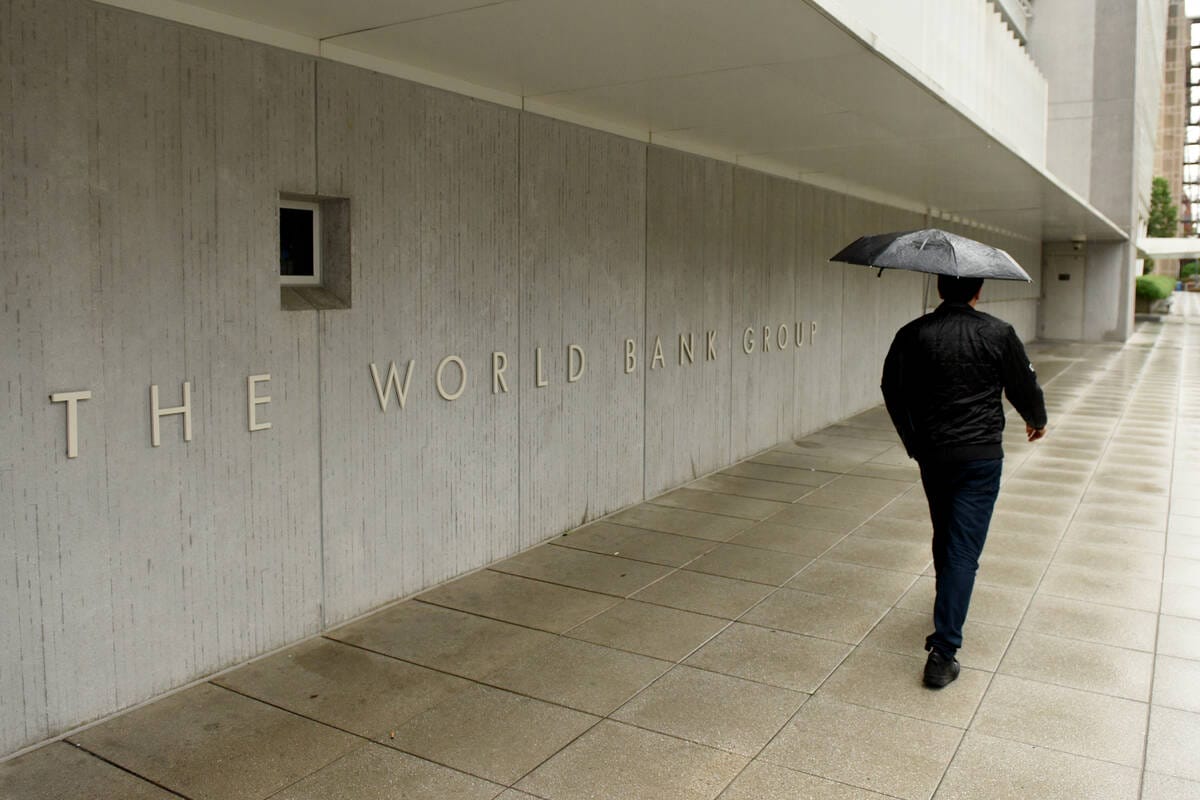The World Bank Group has recently announced a new objective to ensure affordable healthcare for 1.5 billion people by 2030. The initiative seeks to address various challenges including geographical remoteness, financial barriers, and the need for comprehensive lifetime care. Through a combination of financing, expertise and partnerships, the World Bank aims to tackle the growing global health crisis.
Access to healthcare
Currently, approximately two billion people worldwide struggle with severe financial hardship when seeking healthcare services. Moreover, global crises like climate change, pandemics, conflicts, societal aging, and the expected shortage of 10 million healthcare workers by 2030 further exacerbate access to healthcare. Therefore, the World Bank emphasizes the urgent need for collective action in healthcare. Hence, collaboration will facilitate overcoming these obstacles and ensure equitable access to healthcare for all.
In a statement, World Bank president Ajay Banga underscored the importance of collaboration in achieving the ambitious healthcare goal. He emphasizes the necessity of a collaboration involving both public and private sectors, working together to expand access to essential healthcare services.
Supporting middle- and low-income countries
In low-income countries, financing from the World Bank’s International Development Association fund will go towards deploying healthcare workers to communities lacking access to services.
Meanwhile, in middle-income countries, the World Bank’s International Bank for Reconstruction and Development will focus on incentivizing government investments in health infrastructure and regulations. This provides market certainty and attracts private-sector investment in pharmaceuticals and medical equipment.
Read: Global food price index bounces back after hitting three-year low
Enhancing universal healthcare systems
Japan’s initiative to establish a knowledge hub on universal healthcare systems aligns with the World Bank’s efforts to enhance capacity and expertise in healthcare ministries worldwide. With support from the World Bank and the World Health Organization, this initiative aims to empower the healthcare sector globally.




